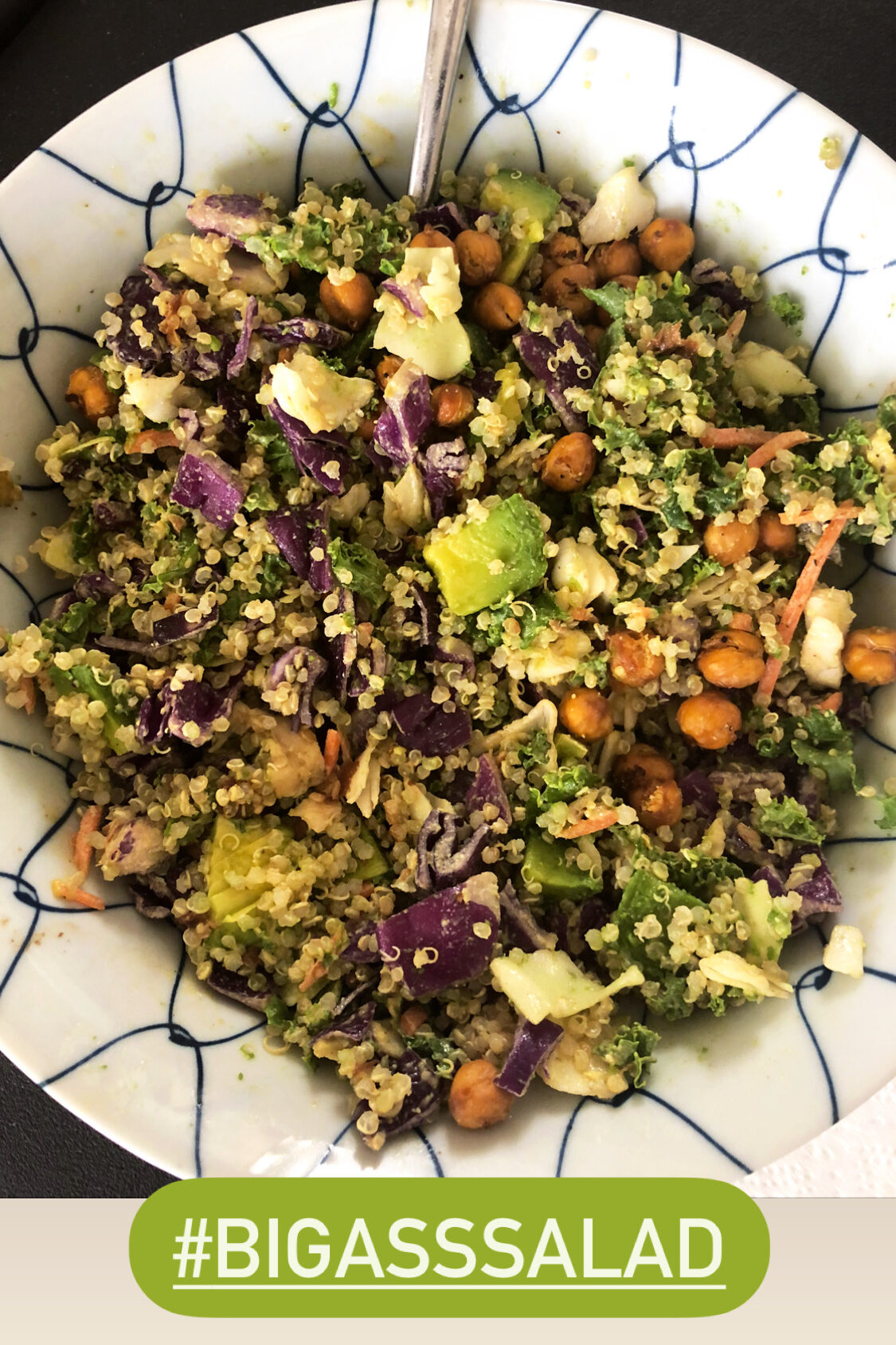
If you’re on a journey to lose fat, you probably have a goal.
Chances are, your goal shows up in the form of some sort of concrete result.
“I want to get down to X pounds.”
“I want to fit into size X clothes.”
“I want to lose a certain amount of weight by X date.”
These types of goals are OUTCOME goals. You’re focusing on a specific end result, and all of your work is geared toward reaching this goal. Once you hit that specific target, you’ve achieved your goal.
There’s nothing wrong with this outcome-based approach. It can be a great motivator for some folks to keep pursuing their journeys.
However, I’m going to suggest an alternative that may be more helpful for you, especially if you’ve been struggling: a PROCESS goal.
What’s a process goal, and how does it differ from an outcome goal?
Process goals focus on actions, changes, and habits that will LEAD to an outcome, instead of focusing on the outcome itself.
The key here is really what you’re FOCUSING on. Of course, in order to reach an outcome, you’ll have to take actions, make changes, and formulate different habits. But when focusing on the process, you can give your full attention to these actions, changes, and habits, rather than always looking for the outcome.
Process goals for fat loss might include:
- Walking daily
- Drinking more water
- Eating slowly
- Adding a vegetable every day
- Getting more sleep consistently
- Adding more protein to each meal
Why might this be a better approach?
Say your outcome goal is to reach a certain weight. If you’re always thinking about that target number, you might be frustrated if you’re not getting closer to it as quickly as you’d like.
You might slip into the trap of constantly judging your progress based on what the scale tells you, especially when it fluctuates up and down (which it will, because that’s normal and expected).
You might be more likely to give up altogether, or resort to trying a quick fix to get there faster (which as you know, if you’ve read my previous article on quick fixes vs a slow and sustainable approach, doesn’t work).
On the other hand, you get to accomplish process goals quicker and more frequently.
For example, if you set a goal to eat a big-ass salad every day, and you do that almost every day for a week, that’s already a success.
On top of that, you’re building a habit that will help you in your initial quest to lose weight.
You have more control over your actions than you will over an end result like the number on the scale.
You don’t have to abandon the idea of a goal weight altogether; you’re simply putting it out of sight so you can focus more on what you can control.
As a result, instead of being frustrated that you’re not closer to a certain number, you can celebrate the success of integrating a new habit into your life that will still help you reach that goal over time.

Of course, you don’t have to try and make 10 changes all at once. In fact, I recommend focusing on one at a time. Maybe you start with the big-ass salad, and after a couple weeks of nailing that down, focus on having a glass of water with each meal including the salad. After you’re consistently doing both of these, add in a 20-minute walk every day. And so on.
As each new habit becomes engrained, you’ll grow closer and closer to your end result, without the stress of constantly judging your progress based on the weight you’re at.
If you weigh yourself (you don’t have to), you can still do so daily as part of gathering data to examine the trend over time. But now, as I’ve said, the focus is lifted off of this part of your day and moved to your new habit instead.
As time goes on, your weight loss trend will be more of a surprise – a pleasant side effect.
And yes, it may take longer. But remember: if the cycle of frustration, quick fixes, and regaining weight leads to right back to where you were over the same amount of time, then this process-based method isn’t really longer, is it?
If you’ve been struggling with fat loss, give this a try! If what you’re doing isn’t working, it’s worth a shot.
Happy goal setting!
-Dina

Dina Grimaldi is a triathlon & nutrition coach who helps athletes reach their goals while finding the balance they need to fit training comfortably into their lives, and who guides and supports those with nutrition or health goals to cultivate a lifestyle of sustainable habits and a healthy relationship with food.
These are great suggestions! I’m usually so focused on the end result, but want to incorporate the progress goals to get to the end result, but by flipping this on it’s head and focusing on the good small habits that you are building you make the end result more likely and ultimately sustainable because you have built these good habits along the way!!
I just listened to a great video on building positive habits and your post takes it even further! Thanks!!
For sure! That’s exactly it. It’s more reassuring when we can celebrate frequent and multiple wins, as opposed to waiting for only ONE win at the very end which might take longer.
Enjoy the new habit building, let me know if you ever want to bounce some ideas off someone or need some accountability! 🙂